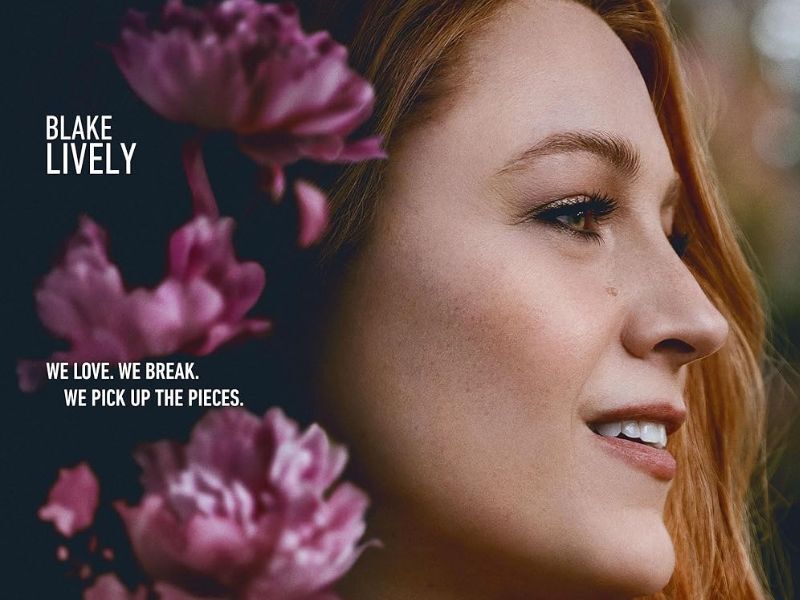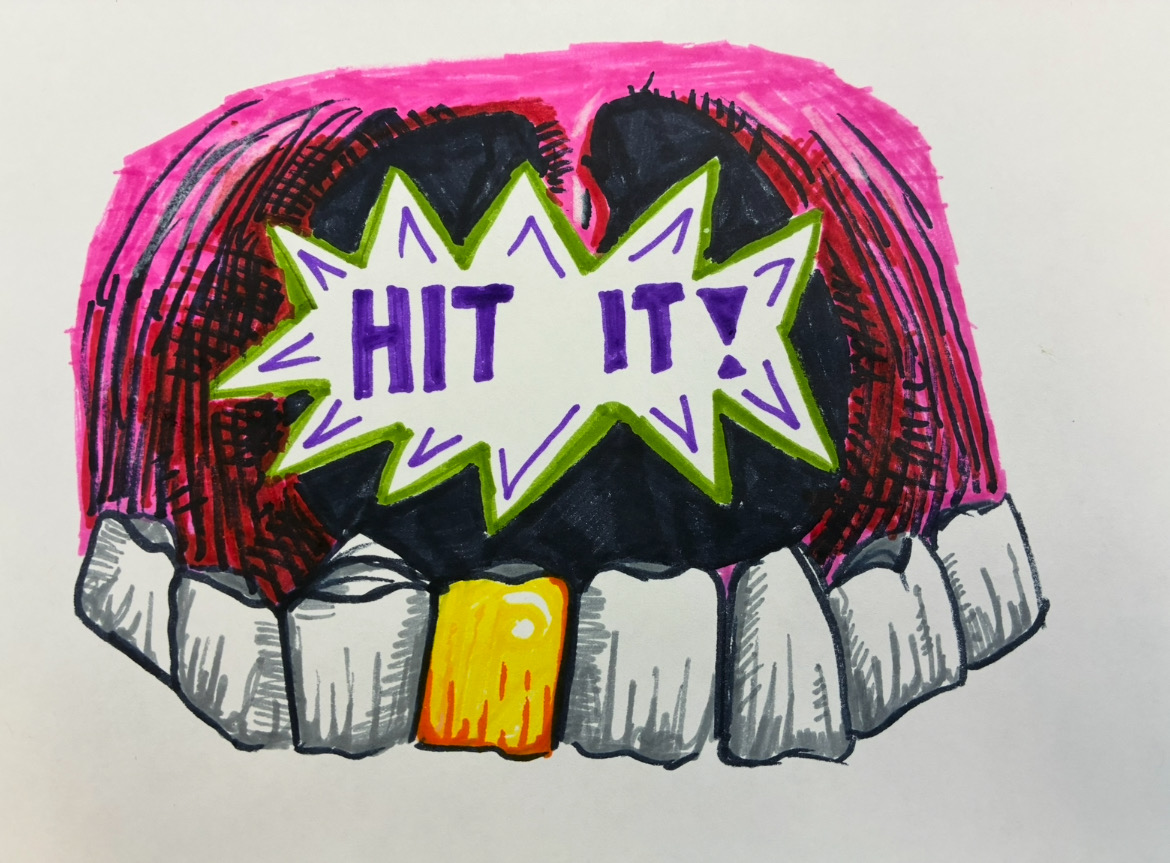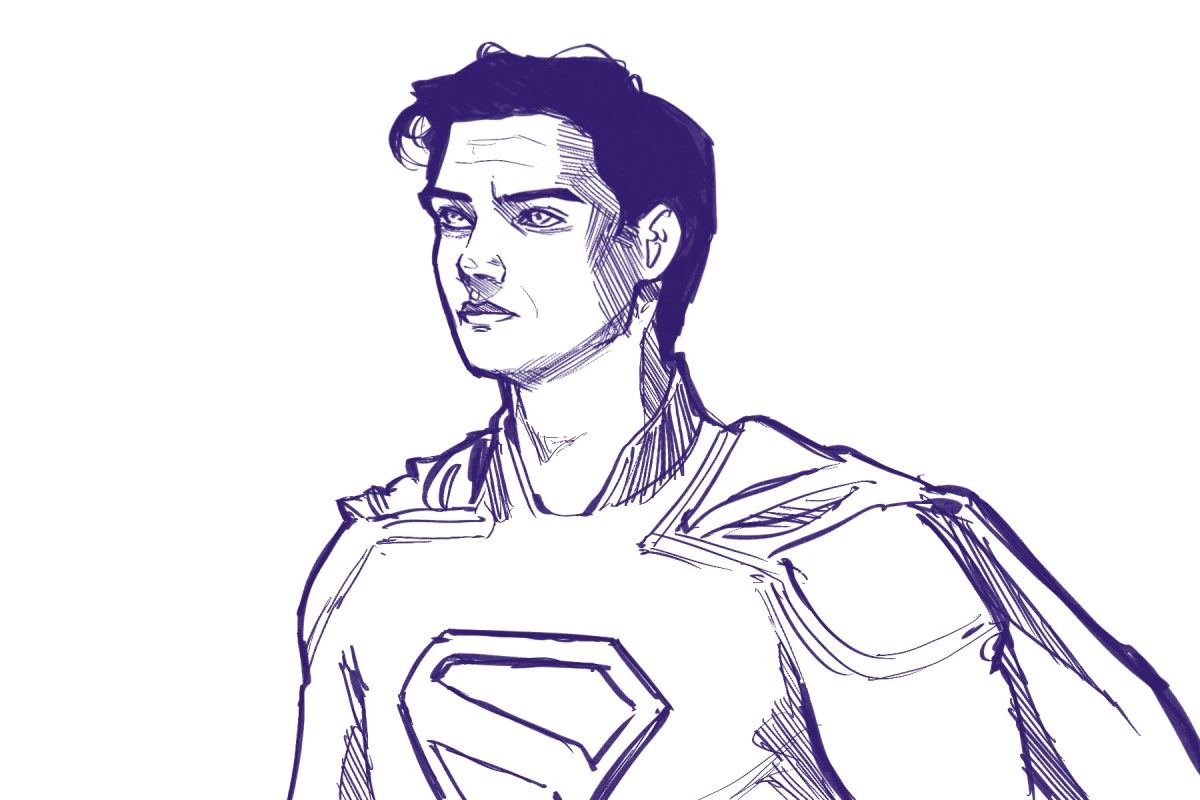The movie adaptation of Colleen Hoover’s “It Ends With Us” successfully hit theaters last summer, starring Blake Lively as Lily Bloom who meets Ryle Kincaid, played by Justin Baldoni, and realizes he’s not who she originally thought. Reflecting Hoover’s own experience, Lily grows up in an abusive household, and the cynical nature of abuse is repeatedly highlighted. Following the release, fans began to speculate drama behind the scenes, as during the press tour the co-stars never appeared together. Baldoni spoke frequently about the topic of domestic violence, while Lively completely avoided it. Then “Bumpgate” happened. Shortly after the movie’s release, an old interview resurfaced where the interviewer commented on Lively’s baby bump and she responded snarkily, “Congratulations on your little bump!” rather than with the pleasantries expected. The interviewer was not pregnant. Social media devoured the chance to reprimand her. She was labeled insensitive, out of touch, and worst of all, not a ‘girls-girl.’ Soon after, the buzz dimmed, but fans continued. They had done their duty of convicting Lively. Another one down.
This was largely forgotten until December 20th, when Lively issued a legal complaint against Baldoni for on-set sexual harassment and initiating a smear campaign, claiming he and his team intentionally damaged her career. Months earlier, Lively and her team had presented Baldoni and the producer with thirty demands to ensure a safer workplace, including having an intimacy coordinator on set and banning improvised kissing or touching. All parties agreed, and filming continued. However, leading up to the movie’s release, Baldoni feared Lively would reveal her experience on set. As a precautionary measure he hired Mellisa Nathan, crisis PR expert, to create a ‘Social combat plan.’ Their strategy was seeding and boosting content which painted Lively in a bad light in case anything against Baldoni emerged. As we swiped, Baldoni’s team relished in success.
The team utilized social media algorithms, namely TikTok, to tap into something much bigger—the patriarchy. Media cycles through women like clockwork; one ungrateful acceptance speech, one out-of-touch comment, and they’re cast out. Blake Lively’s case is nothing unique. If we look back at the last thirty years of contemporary media, we should’ve learned our lesson by now. We can admit now that women such as Britney Spears were victims of the tabloids, yet we repeat this cycle with new forms of media. In a text to Baldoni’s publicist, Mellissa Nathan wrote, “In his favor, she must be furious. It’s actually sad because it just shows you how people really want to hate on women.” Currently, Lively and Baldoni are suing each other for retaliation and defamation, with a trial set for March 2026. As the legal situation unfolds and the press cycle continues, remember the story of so many women before Lively. We each have the responsibility to learn from the past and question misogynistic narratives perpetuated by social media. If we understand and can recognize this pattern, we can break it.








